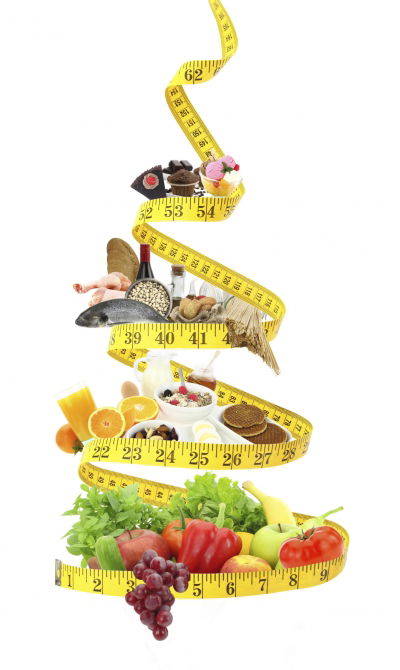Weight Management

When I ask clients why they have come to see me and what their goals are for their nutrition journey, weight loss is generally one of the first ones, if not the only goal mentioned. However, whether you need or want to lose weight, it is usually the symptom of something else. Often times it is simply learning how to make long-term lifestyle changes to the diet and lifestyle to permanently maintain a healthy body weight. Going on and off diets is getting us nowhere. So we need to learn to get out of the diet mentality that is so prevalent in our society.
Weight management can also be important if you have lifestyle or genetic conditions including:
- Insulin resistance and metabolic syndrome
- Diabetes (type 1 and 2)
- Hypertension (high blood pressure)
- High cholesterol
- Hypothyroidism (underactive thyroid)
- Polycystic ovarian syndrome
Maintaining a healthy weight is one of the best things you can do to protect your overall health.
Overweight or obesity is when you have too much body fat, and this excess fat has a negative effect on your health. People generally become overweight when they consistently eat (and drink) more energy than they burn. Although this is a very simplistic definition, and many more factors play a role, increasing the amount of energy that your body burns (by exercising regularly and eating with the body’s physiology), together with being careful of amounts eaten, is one of the best ways to get your body into a place where weight maintenance becomes easier. Influences such as your background and the environment, habits and behaviours as well as moods and emotions also play an important role in the way and amount you eat and hence your weight. Learning how to manage and improve these is one of the goals that we work on during our sessions.
There are of course some cases, such as family history and genetics or certain medical conditions and medications that can cause an increase in weight that is not entirely under the control of people, but there are lifestyle and eating changes that can help improve the weight.
Why is it that a large percentage of people who lose weight regain it again afterwards? The problem is that fad diets are the popular go-to when it comes to weight loss. They can help you to lose weight (fast), but they often require extreme changes to your eating style, which are generally not healthy, and definitely not practical, affordable or easy, making them unsustainable in the long run.
Most of my clients lose weight relatively easily (albeit slower than with fad diets*), but I ensure that the eating style suits their lifestyle and likes and I teach them to become aware of their habits and how to change these habits that are effecting their long-term success. Maintaining the healthy weight therefore becomes much easier once the weight is lost.
You should never go ‘on’ and ‘off’ diets. When you go ‘off’ you will go back to your original body. You need to learn how to have better eating habits to stay at the slimmer you.
Working with a dietician who has experience with behaviour modification for habit changes can really help you to get to and stay at your weight goals (of course as long as the goals are realistic!). It is the ongoing support and advice that really helps with the habit changes. I work with many of my clients for at least 3-6 months.
* Just as an aside, losing weight slowly means that you are targeting the fat stores, and you will not look drawn and sickly with the weight loss. Often, fast weight loss means a lot of water and muscle mass as well as some fat are being lost.


